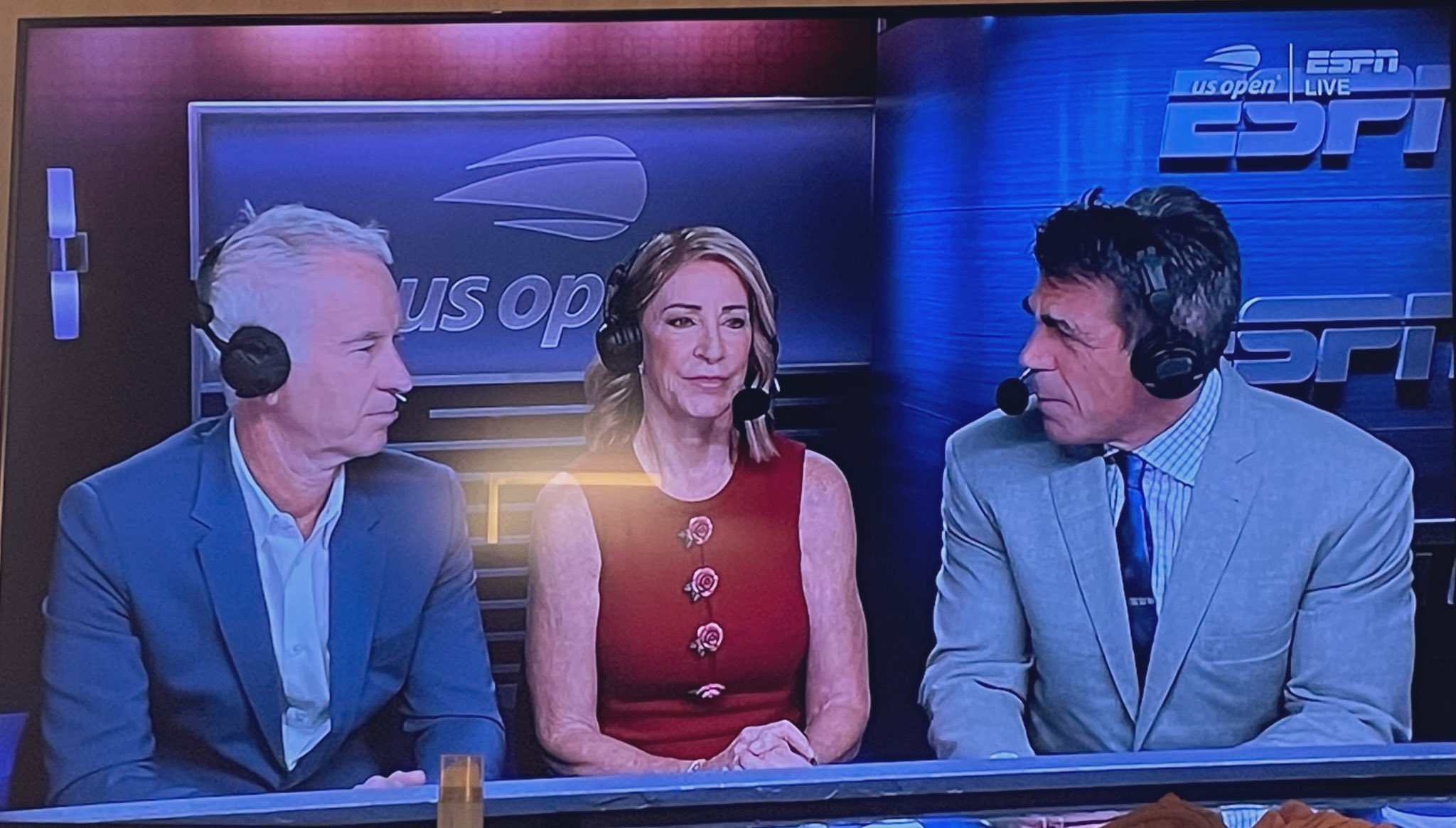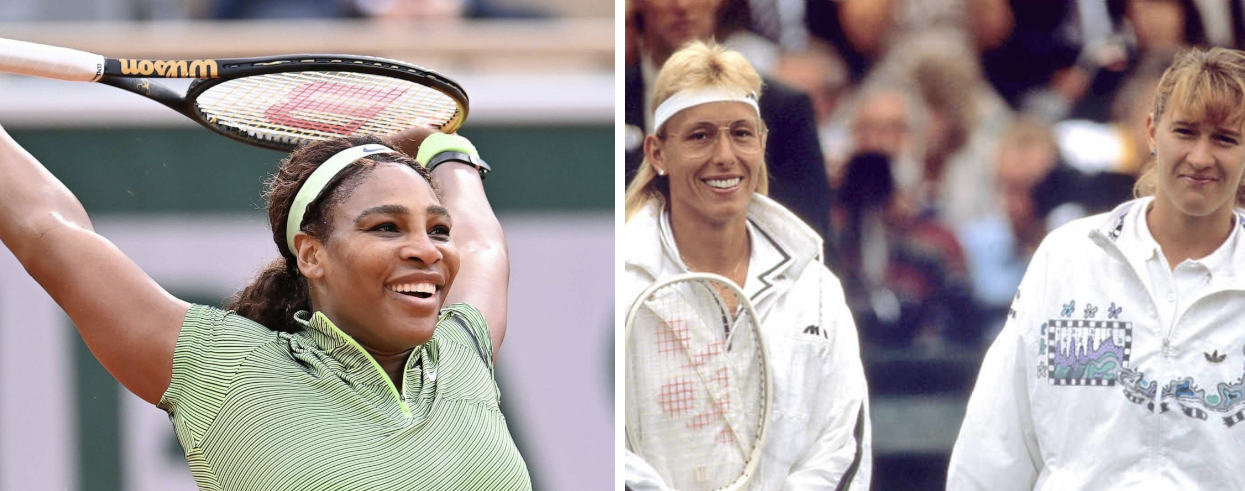Retired tennis player James Blake was minding his own business while standing in front of a New York City hotel last fall, when he unexpectedly had a starring role in the ongoing but polarizing relationship black people in America have with law enforcement.
Blake was detained by five white police officers who mistook him for being the mastermind of an identity-theft ring. He was on his way to the U.S. Open.
The Harvard University grad was let go once the officers realized that they had the wrong man. The NYPDs tone deaf response, along with their non-apology apology, thrust Blake into the role many black athletes have either embraced or steered clear of: the athlete activist.
The Shadow League caught up with the worlds former Top 5 tennis player while he was in Chicago. In an exclusive conversation, Blake discusses the incident with the NYPD, his life afterwards, black athletes and activism, along with the lack of black players on tennis teams at HBCUs.
The Shadow League: Since the incident with the police officer, how have you gone about gaining some sort of normalcy? Is tennis helping?
James Blake: I gained a sense of normalcy by spending time with my wife and kids. Spending time with people who care about me. Thats what got me back to normal.
Having an incident like that wasnt in my realm of possibility. Im lucky enough to have a voice to make a difference. Im trying to make something positive out of a negative. Im trying to help others who dont have the same voice I have.
TSL: Have people contacted you about joining in any police misconduct-based activism?
JB: Yes. It forced me to think about the situation that happened to me and whats happening across the country with police officers and anyone with authority. I had to reflect on it.
This one, Im hesitant to say was completely a race issue. Its an excessive force issue if anything else. I think it was unnecessary since they caught the wrong guy. I dont think thats the way policing should be done.
Im not a police officer,so I dont know all the protocols, but it was excessive. The officers has four other complaints. You cant have bad cops on the force. Good cops are paying for the sins of bad cops. I respect police officers. Its the ones who do a bad job who need to be held accountable.
TSL: Was that your first incident involving the police? Did any of this stuff come up when you attended Harvard?
JB: Sadly, anyone in my position, a young black man driving a nice car, you get pulled over for no reason. Its more of a nuisance that dealing with this where it turned physical.
That was the first for me, but Ive been aware at times about who I am and the situation Im in. Im different than a lot of my colleagues on the tour who dont look the same as me. Im always aware of that.
TSL: The NYPD made a public apology to you. Do you believe that wouldve been the case if you werent a celebrity?
JB: It was a nice gesture, but it was a start. Ive been in talks with them and the City of New York on what needs to be done. Im optimistic on what can happen to make it easier for those whove had problems like I had.
They dont have the resources I have to hold those accountable who need to be accountable. When that officer goes on trial, he doesnt deserve to keep his job. He should find another line of work if hes going to continue to go about doing his job in such a way. I will be there to testify when the court date comes up.
TSL: Many of the HBCU tennis teams do not have black players. Many of the tennis courts here in Chicago go unused. What do you think can be done to get black kids involved in tennis?
JB: On the womens side, you have Venus and Serena [Williams] and on the mens side, hopefully I helped a little bit. I had Arthur Ashe and MaliVai Washington to look up to. Seeing people that look like you is important.
If a kid sees LeBron James all the time, he going to want to be LeBron James. You dont get the opportunity if you dont see an Arthur Ashe or a MaliVai Washington. The other aspect is to bring the game to kids who may not ever see it. Its not just a country club sport anymore. We need to make it more accessible.
If more kids play tennis, they can get scholarships. All through college tennis, its not just HBCUs, you see Europeans and tons of foreigners taking scholarships. If more Americans played, theyd get those spots.
I think we need to get the racket in more kids hands earlier and put more money and resources behind that.



